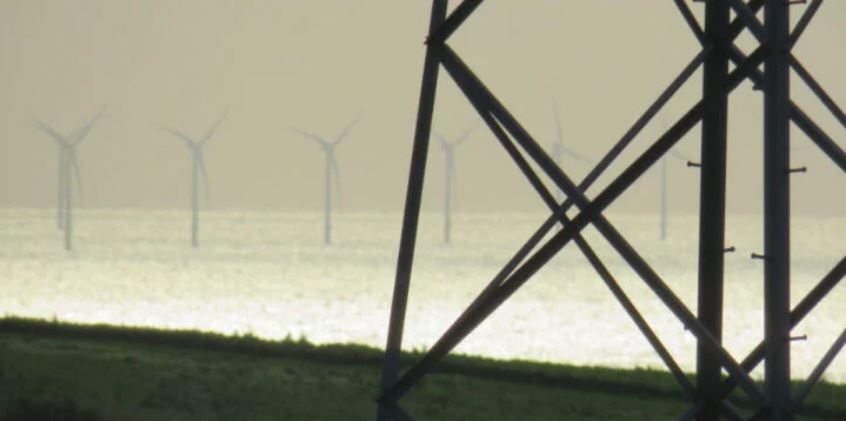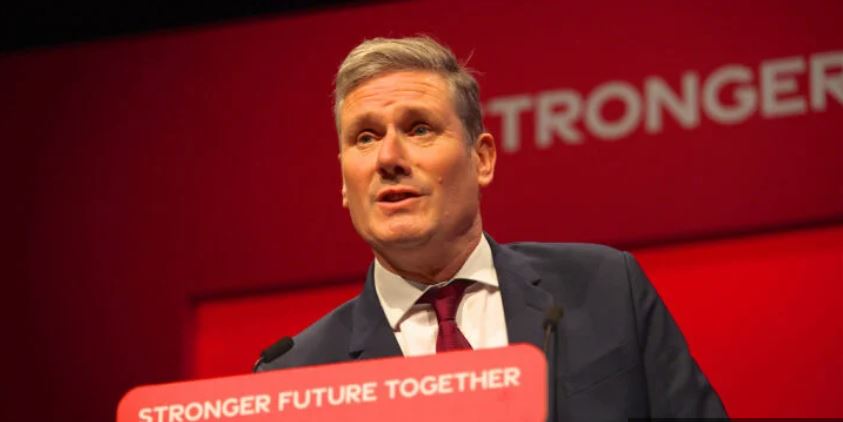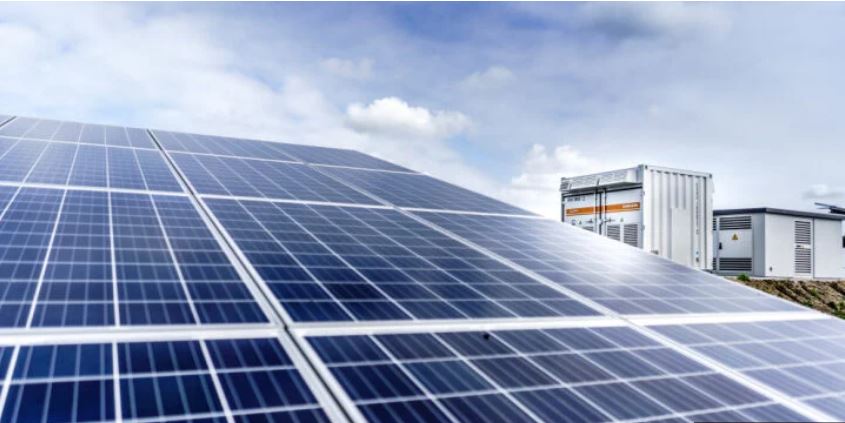Tejal Shah, Head of Trading & Risk at Flagship Energy provides a market update.
UK and European gas markets have seen some easing on the near-term contracts this week, with the NBP front month down 7% from last Friday, whilst further out on the curve rangebound activity continues. The demand forecast is quite stable with the end of last week’s heatwave and steady supply from both LNG and Norway continues. Storage facilities are also three quarters full providing further downside, however, Europe remains vulnerable to any signs of disruptions which is capping further losses. Traders are also tracking cyclones moving toward the US Gulf Coast, which could harm US exports of LNG. Hurricane Beryl’s winds have slightly weakened as it churns toward Jamaica, where its storm surge, high winds and flooding rains could cause significant damage. Elsewhere President Volodymyr Zelenskiy said in an interview with Bloomberg News that Ukraine is in talks to send natural gas from Azerbaijan to the European Union as it seeks to maintain its role as a transit country and help Western neighbours ensure their energy security.
This is a featured article.












